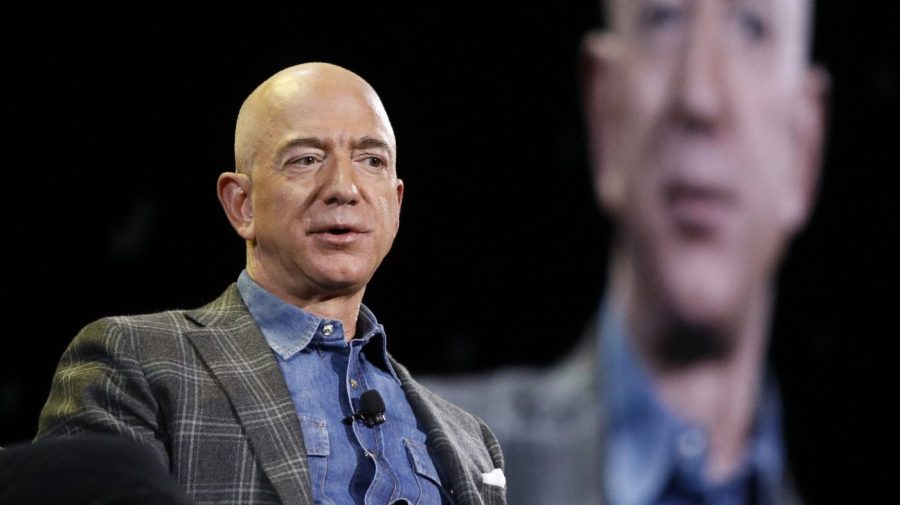
The Washington Post deserves our gratitude for its craven, contemptible decision not to endorse any presidential candidate.
What informational value would there have been in an endorsement from a liberal paper that has published so many pieces on former President Donald Trump’s manifest unfitness for office? The paper’s abrupt and surprising reticence, on the other hand, delivers big news. And isn’t that what newspapers are supposed to do?
The non-endorsement was reportedly imposed upon the editorial staff by owner Jeff Bezos in a remarkably transparent bid to avoid antagonizing Trump if he regains the White House. The editorial board’s endorsement of Vice President Kamala Harris was in the late stages of editing when Bezos told the staff of his decision. Many of Bezos’s investments could be vulnerable if Trump, a vengeful man, returns to office.
The decision quickly spurred a wave of denunciations, staff resignations and cancelled subscriptions. But if you think that Trump is a danger to American democracy, you should thank Bezos.
The Post has offered us a dramatic glimpse into what a Trumpified America looks like — one in which the abuse of government power is so expected that the press censors itself, fearing the ruler’s wrath. This is a familiar sight in distant kleptocracies, but the U.S. has been spared it, at least at the highest levels, until now.
This development should be of particular interest to moderate Republicans who are deciding whether to hold their noses and vote for Trump. Many of them reassure themselves that he won’t be so bad. His first term was indeed less catastrophic than many feared, if you don’t count the attempt to overturn the election and the enormous number of Americans killed by his incompetent response to COVID. But when he assumed office, he had no organization, and had to staff his administration with the same smart Republican lawyers and businessmen that Jeb Bush or Marco Rubio would have hired. They repeatedly constrained his worst instincts.
Today, there is an enormous Trumpworld of bullies, grifters and zealots. Muzzling the press is part of their program, and it has been Trump’s ambition from the beginning.
The outrage is, in a way, a bit silly. What really is lost by the Post’s retreat? Can you imagine any voters who were waiting for this endorsement to help decide how to cast their ballot?
But now, that retreat is getting enormous coverage and provoking extensive discussion. It is worth talking about — the Post has shown us a glimpse of the authoritarian dystopia that Trump wants. He is a Putin wannabe, and the Post’s surrender to his pressure is a step toward the Putinization of America.
But I don’t want to be entirely uncritical. Perhaps the nation would have been better served had the capitulation been more honest and abject. A frank editorial could have been written by Bezos himself.
Perhaps he could have written something like this: “When he was first running for president, Trump threatened to make life hard for me because I owned the Washington Post, which wrote unflattering stories that made him angry. And he did: He cancelled a Pentagon contract and cost me $10 billion. He has also said that he plans to use the Justice Department to prosecute his enemies. He admires Vladimir Putin, who consolidated his power by putting critics into prison, including some mighty rich people. The Supreme Court has declared that Trump can’t be prosecuted for any crimes he commits, or orders committed, while carrying out his official duties. I would much prefer not to be the target of any such crimes.
“A Trump presidency is dangerous for America and the world, of course. But I dare not risk his wrath. So this newspaper endorses him. I don’t think he’ll mind that everyone can see that this endorsement is utterly insincere and extorted by intimidation. In fact, he’ll probably like it.
“I’m Jeff Bezos, and despite being one of the richest and most powerful people in the world, I’m terrified of Donald Trump. You should be, too.”
Andrew Koppelman, the John Paul Stevens Professor of Law at Northwestern University, is the author of “Burning Down the House: How Libertarian Philosophy Was Corrupted by Delusion and Greed.”














